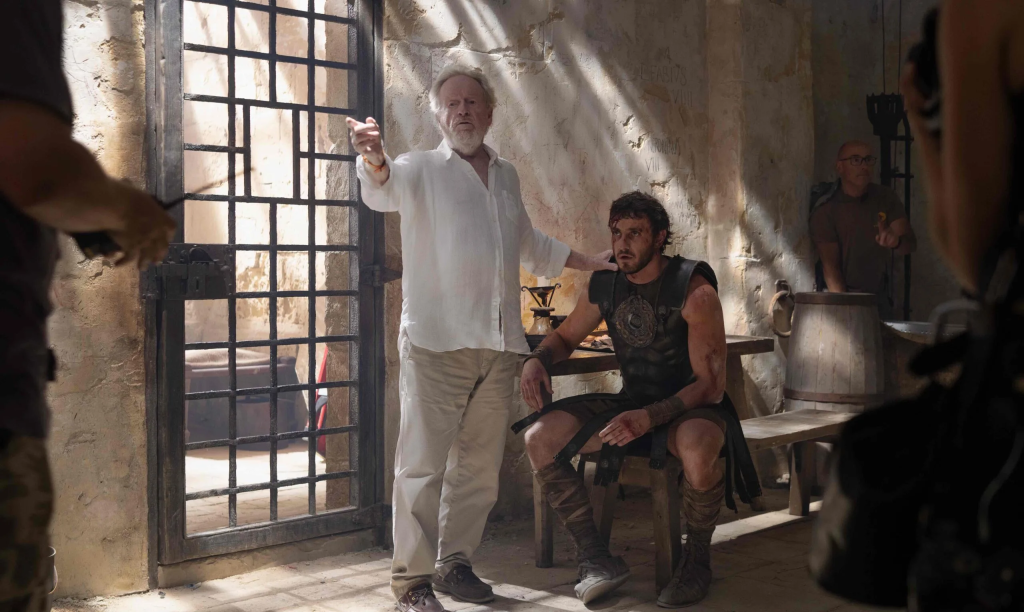Uncategorized
Ridley Scott Reflects on Early Career Doubts and the Absurdity of ‘Normal People’ in Film
Ridley Scott, the legendary director of Alien, Blade Runner, and Gladiator, is no stranger to skepticism about his bold storytelling choices. In a candid interview with Alien: Romulus director Fede Alvarez on the Director’s Guild of America’s The Director’s Cut podcast, Scott shared how early in his career, he was questioned about his penchant for unconventional stories.
Recalling a studio executive’s critique of his work, Scott said, “Somebody at one of the studios said to me, ‘Why don’t you do a film about normal people?’ I went, ‘What the f— does that mean?’ Because no one’s normal unless you’re totally boring, right?”

A Rocky Start for a Now Legendary Career
Scott’s first feature film, The Duellists (1977), won a prize at Cannes but saw minimal support from its studio. “They made seven prints. I said, ‘Is this normal?’ My producer David Puttnam said, ‘No, it’s not,’” Scott recalled.
While Alien (1979) was a commercial success, Blade Runner (1982) faced harsh criticism upon release, most notably from Pauline Kael, whose scathing review Scott described as devastating. “She destroyed Blade Runner in four pages. I didn’t even meet her,” he said.
The 1985 fantasy epic Legend also struggled to find an audience, leaving Scott with three critically or commercially underwhelming films early in his career. Despite these setbacks, Scott’s determination never wavered.

Vindication Through Time
Scott’s confidence in his craft has been validated by history. Films like Alien and Blade Runner are now celebrated as cinematic masterpieces, and even Legend has undergone a critical reappraisal.
“These are all good movies, so there’s something deeply wrong with the audience or marketing,” Scott said, tongue-in-cheek. “But, you know, I’m not bitter. I’m very happy where I am. Trust your work and keep going.”
A Legacy of Unconventional Storytelling
Scott’s willingness to tackle unconventional stories has defined his career. “There’s only one film worked out of all of that lot,” Scott said of his early output, “but they’re a pretty good first four movies. I knew I was on the right track.”
Now 86, Scott continues to challenge norms. His latest film, Gladiator II, has entered a fiercely competitive box office landscape alongside Moana 2 and Wicked, holding its own and proving that Scott’s instinct for storytelling remains sharp.
The Takeaway
Ridley Scott’s journey is a testament to trusting creative instincts, even in the face of early criticism and failure. His legacy reminds filmmakers to embrace bold ideas over conforming to expectations, because as Scott himself pointedly remarked, “No one’s normal unless you’re totally boring.”

